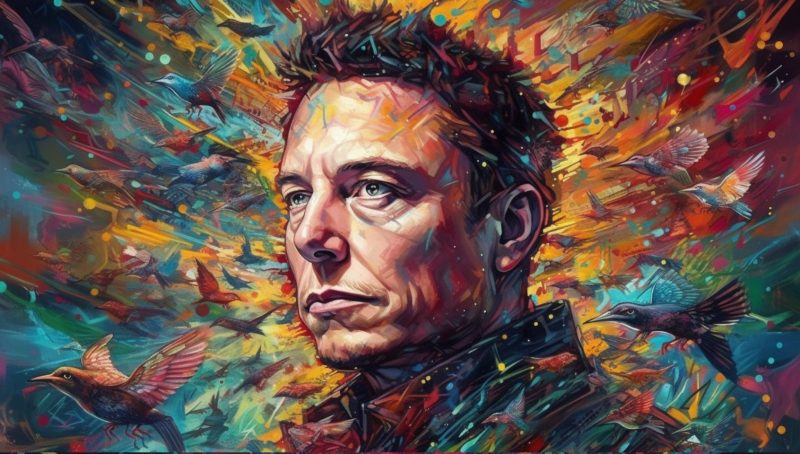In the often unpredictable world of his social platform, Elon Musk’s recent endorsement of an antisemitic post on X (former Twitter) has catalyzed a significant upheaval.

This despicable event, diverging from Musk’s well-known pattern of controversial and harmful online behavior, marks a critical juncture, leading to a pronounced withdrawal of advertisers and sparking a broad spectrum of reactions across societal segments.
Unpacking Musk’s Endorsement: Context and Controversy
The Incident: A Convergence of Influence and Irresponsibility
Elon Musk, a figure often synonymous with disruptive innovation and a penchant for digital bravado, has ventured into a contentious territory. By endorsing a post steeped in antisemitic tropes, Musk has not only provoked widespread consternation but also catalyzed a vital dialogue about his overarching impact on public discourse and the governance of online content on his platform.
Historical Echoes in Musk’s Digital Footprint
Musk’s digital escapades have historically been characterized by a litany of bold, impromptu pronouncements. However, this recent act traverses beyond the realm of spontaneous provocations, encroaching into the territory of propagating pernicious and divisive ideologies.
Rippling Effects of Musk’s Action
Immediate Backlash: A Symphonic Condemnation
The endorsement was met with a swift and diverse backlash, including an unequivocal repudiation from the White House. This firm condemnation underlines the gravity of Musk’s actions and magnifies the issue of hate speech masquerading as free expression in digital forums.
Advertisers’ Retreat: An Economic Reckoning for X
In the aftermath of this fiasco, a number of prominent advertisers have retracted their support from X, reflecting not just a moral stance against antisemitism but also underscoring the potential financial ramifications for platforms that host and endorse contentious content.
Navigating Antisemitism in the Digital Landscape
Content Moderation: A Sisyphean Task
This episode has illuminated the arduous challenge of combating antisemitism in the social media sphere. Balancing the ethos of free speech with the ethical imperative to restrict hate speech remains a daunting and intricate issue, highlighted by this recent development.
Leadership in Tech: A Call for Ethical Governance
The unfolding of this event underscores the urgent need for responsible stewardship within the tech industry. It beckons a reassessment of the roles and responsibilities shouldered by social media leaders in moderating content and fostering a milieu that is vehemently opposed to hate speech and misinformation.
Exploring the Larger Implications for Social Media Ethics
Dissecting the Power of Tech Titans
The incident has stirred a discourse about the disproportionate influence of tech magnates in molding public opinion and discourse. It brings to the fore questions about the power hierarchies within social media and the accountability of its leaders.
Global Reaction: A Barometer of Changing Sentiments
The worldwide response to Musk’s endorsement, encompassing reactions from governmental entities to individual users, signifies a burgeoning consciousness and rejection of hate speech. This collective response might be indicative of a paradigm shift in how social media platforms address and regulate controversial content.
Conclusion: Charting a New Course in the Digital Ethos
The fallout from Elon Musk’s endorsement of an antisemitic post, marked by the advertiser withdrawal and extensive public backlash, represents a defining moment in the ongoing discourse about the role of social media in modern society. It underscores the necessity for more stringent content moderation policies and a commitment to ethical leadership in the technology sector. As we navigate the complexities of the digital era, this incident serves as a poignant reminder of the imperative for ethical standards and responsible behavior in creating a safe, inclusive, and respectful online community.
